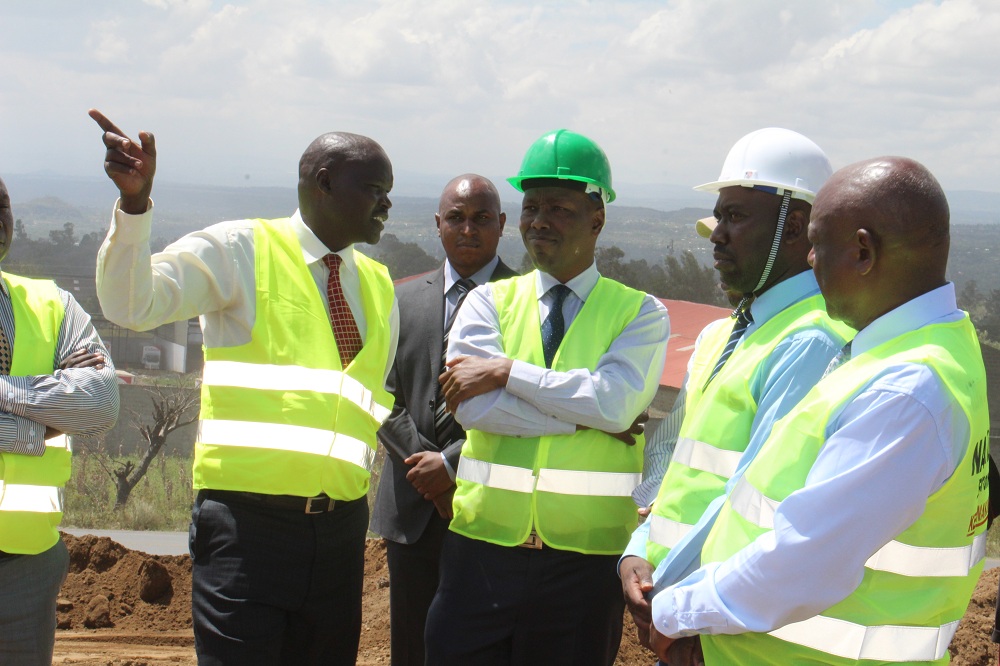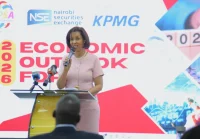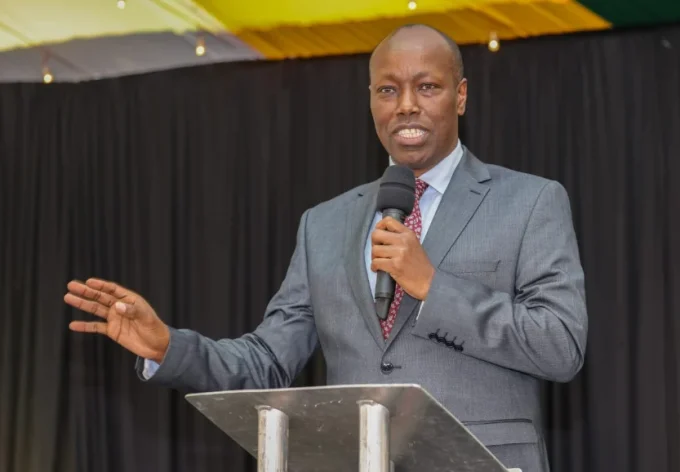As urban areas grapple with poor disposal of solid waste, Nakuru County Government and the Green Belt Movement have partnered in training community based organizations on techniques to recycle garbage into valuable products.
The initiative dubbed ‘Waste to Cash’ aims at empowering women and youth groups on effective waste collection and recycling practices that generate income alongside conserving the environment and reducing pollution posed by dumpsites by the year 2030.
Governor Lee Kinyanjui indicated that participatory management of dumpsites involving local communities and partnerships with public and private sectors was effective in urban waste management.
The governor observed that his government will enter into partnerships with waste management players in the private sector in establishing environmentally friendly and sustainable dumpsites in major urban centres of Nakuru, Naivasha and Molo.
Speaking when he toured Gioto dumpsite in Nakuru to inspect ongoing rehabilitation works, the governor observed that solid waste garbage disposal was a major pollution threat to most urban centres in the country.
Director of Environment Muriithi Kiogora said through the initiative, beneficiaries will have sorting booths at designated points in the towns where they will be able to retrieve recyclable waste before it gets to dumpsites, which he said are over-stretched due to poor management and increased population within the area.
Noting that the county lacked adequate land for establishment of new dumpsites, Kiogora praised the initiative as a practical solution in minimizing pressure on available dumpsites while at the same time empowering local communities economically and reducing health hazards.
Program manager at the Green Belt Movement Teresa Muthoni revealed that the institution was in the process of acquiring state of the art commercial shredders for county governments to help organized self-help groups in the areas competitively recycle solid waste for reuse by the public.
Governor Kinyanjui expressed optimism that the plan would enable communities living by dumpsites to be economically independent.
READ: Solar water heating rules come into force Saturday
Environmentalists have warned that the Gioto dumpsite located in Nakuru West Sub County is potentially hazardous due to massive open burning of solid waste such as plastics, which they say is recyclable.
The scientists have repeatedly warned that open burning of 70% of solid waste releases unintended Persistent Organic Pollutants (uPOPs), which are killer toxins inflaming the upper respiratory system of humans among other strains of cancer in the reproductive system.
The Gioto dumpsite in Nakuru receives an average of 400 tonnes daily while public dumpsites in Naivasha, Molo and Gilgil accumulate at least 250 tonnes of solid waste on a daily basis.












Leave a comment